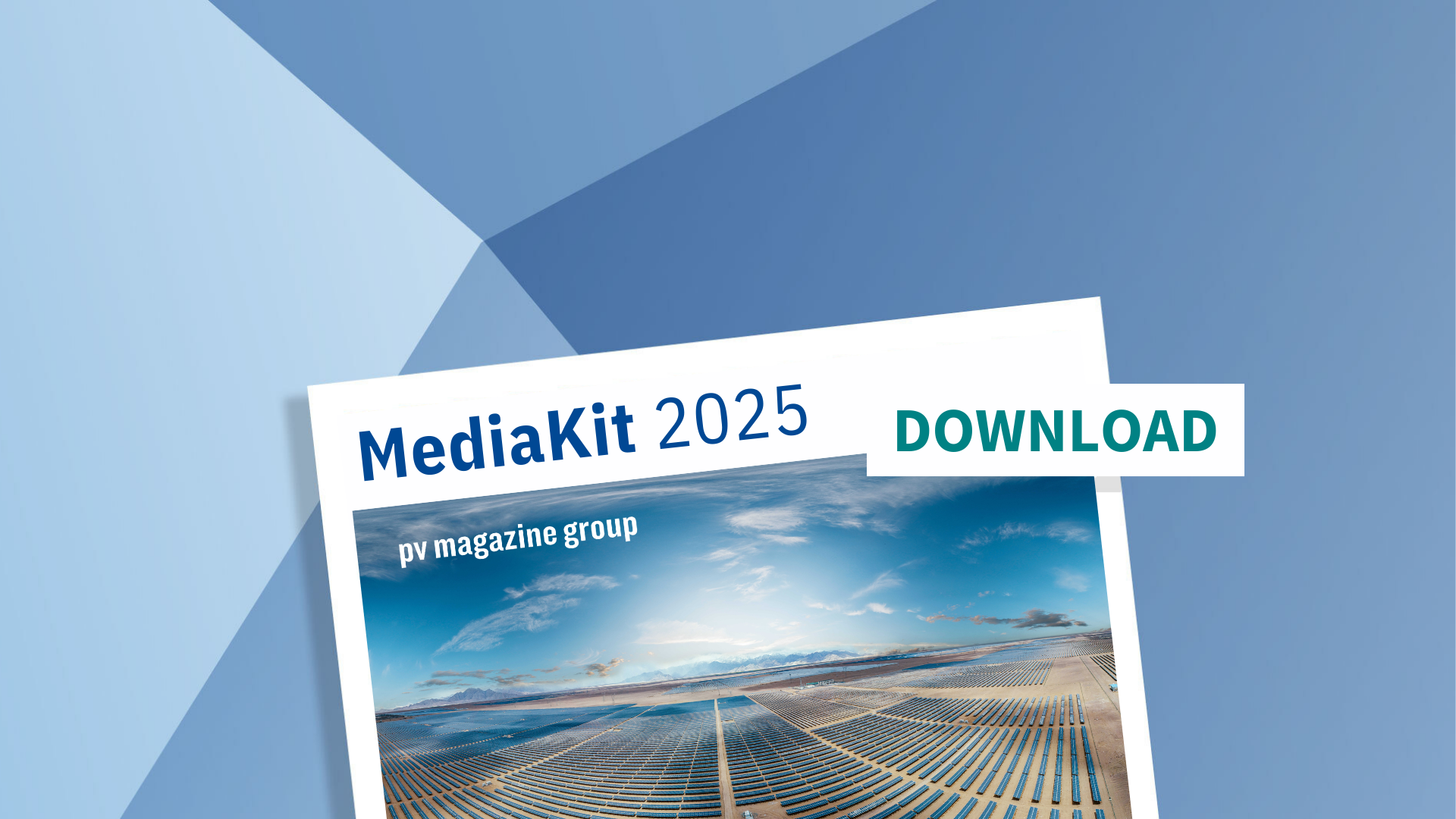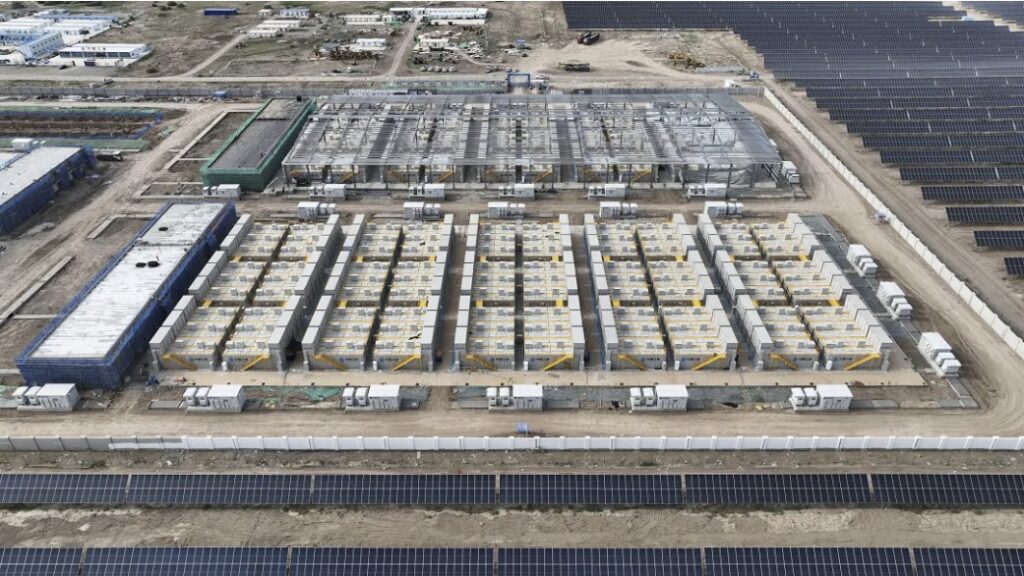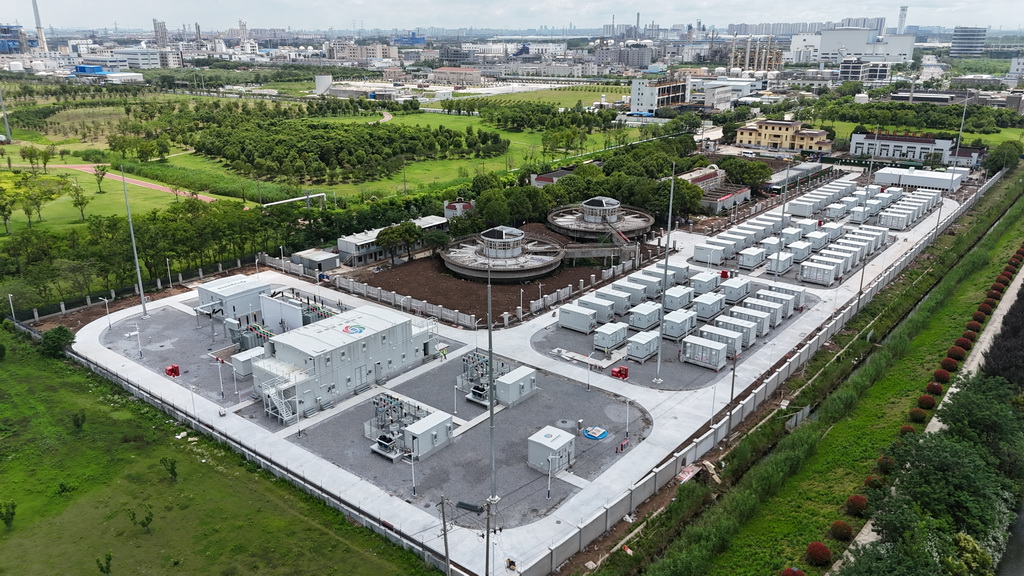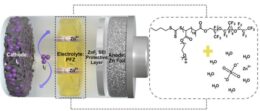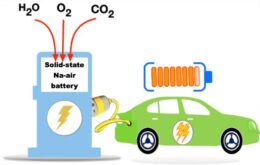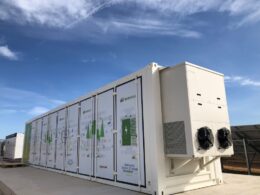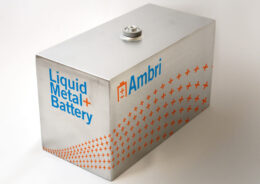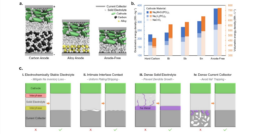Basque body CIC energiGUNE to develop fluorine-free lithium-metal electrolytes

Basque research center CIC energiGUNE, which specializes in electrochemical and thermal energy storage and conversion, will promote the development of fluorine-free electrolytes for lithium-metal batteries.
Researchers say the electrolytes will improve battery efficiency and the environmental impact of devices.
CIC energiGUNE postdoctoral researcher Juan Forero-Saboya has secured one of the European Union’s Marie Curie Fellowships to launch the NoF-LIME project, led by the Basque center with Boston College and MIT collaborating.
“The combination of specialized knowledge and the orientation towards a more sustainable and environmentally friendly electrolyte could mark a significant change in the development of next-generation batteries,” said Forero-Saboya’s supervisor Montse Casas-Cabanas, scientific director at CIC energiGUNE. “We are convinced that the success of this project will mark a substantial leap forward from the conventional dependence on fluorine-rich compounds, which will show the potential of formulating more sustainable electrolytes.”
Forero-Saboya, who is part of the organic and hybrid materials research groups at Vitoria-Gasteiz-based CIC energiGUNE, will begin the NoF-LIME project at Boston College. For eight months he will work on the design and synthesis of novel salts for the electrolyte at Boston College, under the supervision of Alexis Grimaud, a specialist in electrolyte formulation and evaluation.
The postdoctoral researcher will then move to MIT to develop advanced methods for the quantification and analysis of the solid-electrolyte interface under the supervision of Betar Gallant. Forero-Saboya will then return to Vitoria-Gasteiz to carry out assembly tests and complete cell tests.
“What is really interesting about this project is that it not only seeks to innovate in the scientific field, through the use of non-fluorinated salts in lithium-metal batteries, but also to train an elite researcher in the field of electrolytes, equipping him with cutting-edge technical and practical skills in collaboration with internationally renowned centers,” said CIC energiGUNE general manager Nuria Gisbert. “In this way, we strengthen CIC energiGUNE’s position … in the sector, both in terms of projects and research staff.”
The NoF-LIME project aims to be a game-changer, with lithium-metal battery electrolyte engineering currently focused on fluorinated salts and additives. Recent studies have suggested lithium oxide could be a more desirable component for the solid electrolyte interphase, a polycrystalline material containing organic and inorganic compounds and whose growth takes place at the electrode and electrolyte interface.
From pv magazine España.





